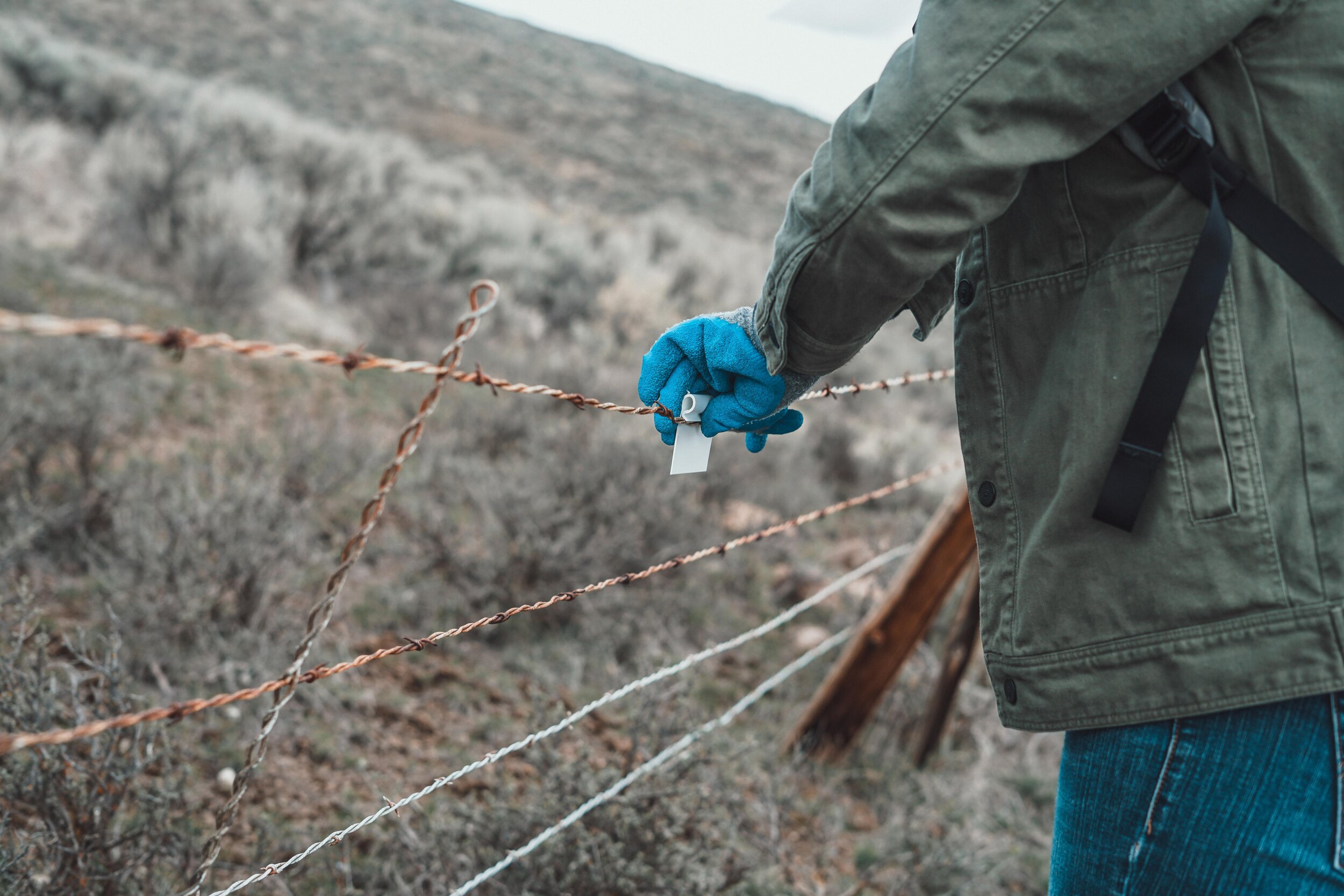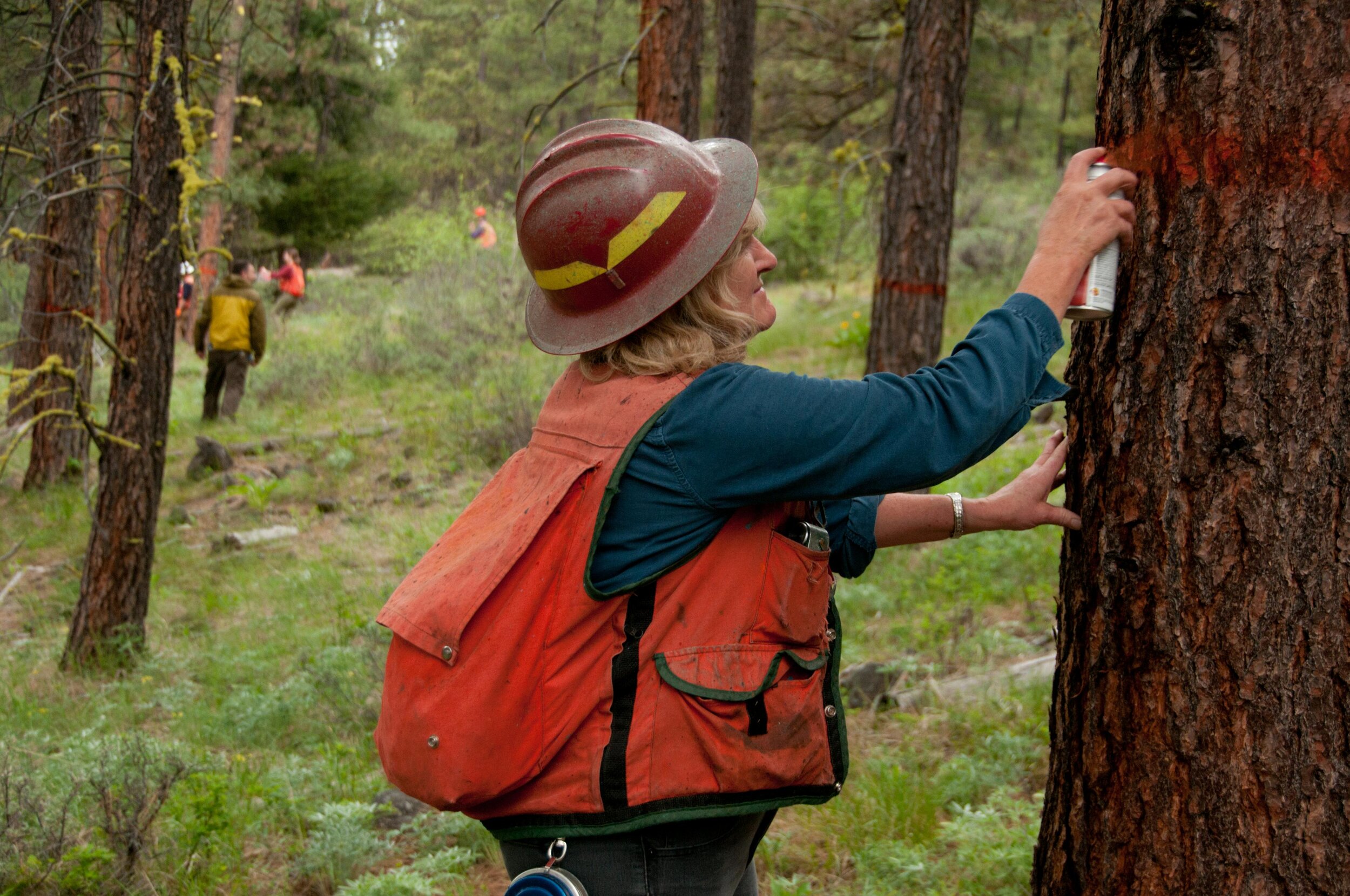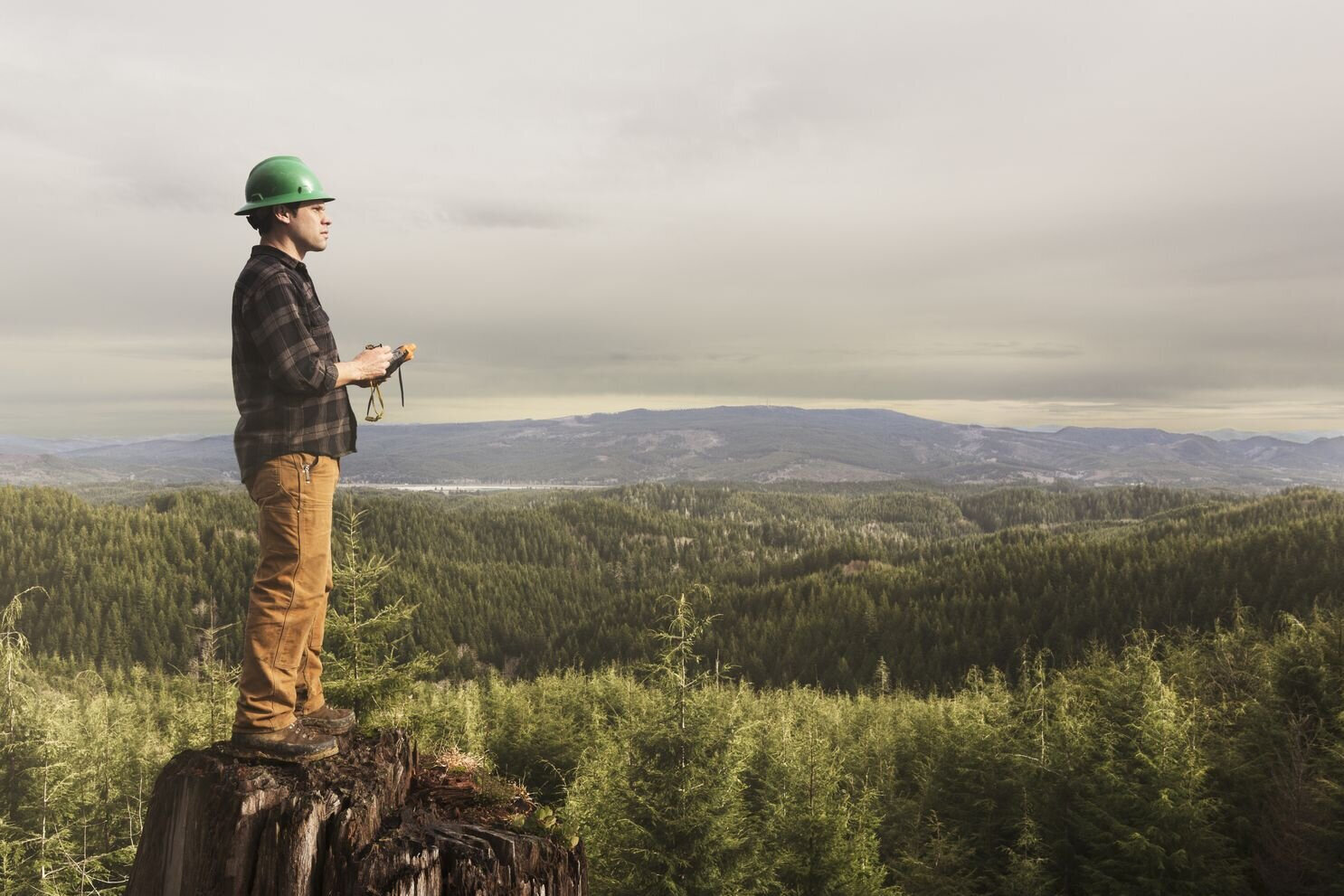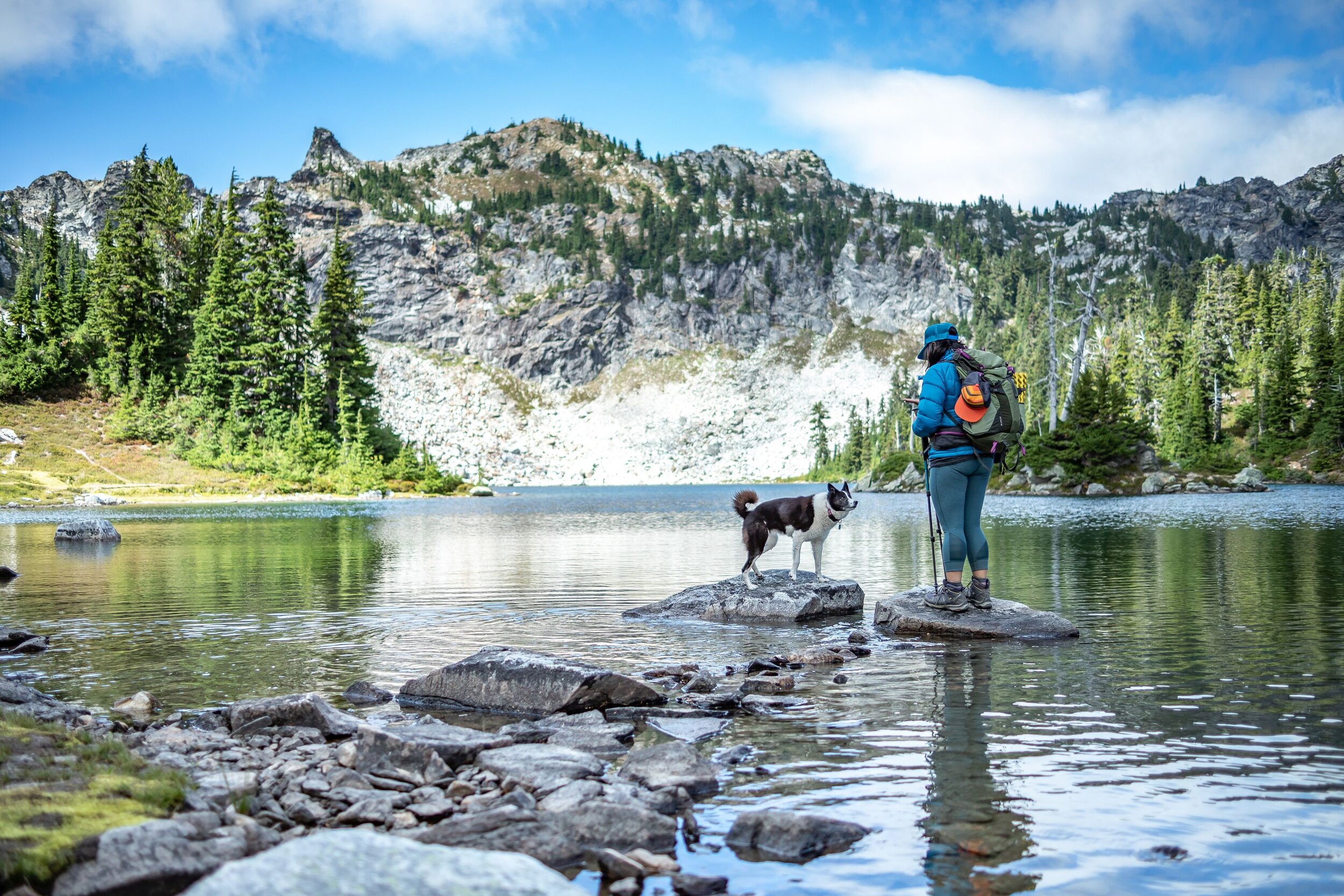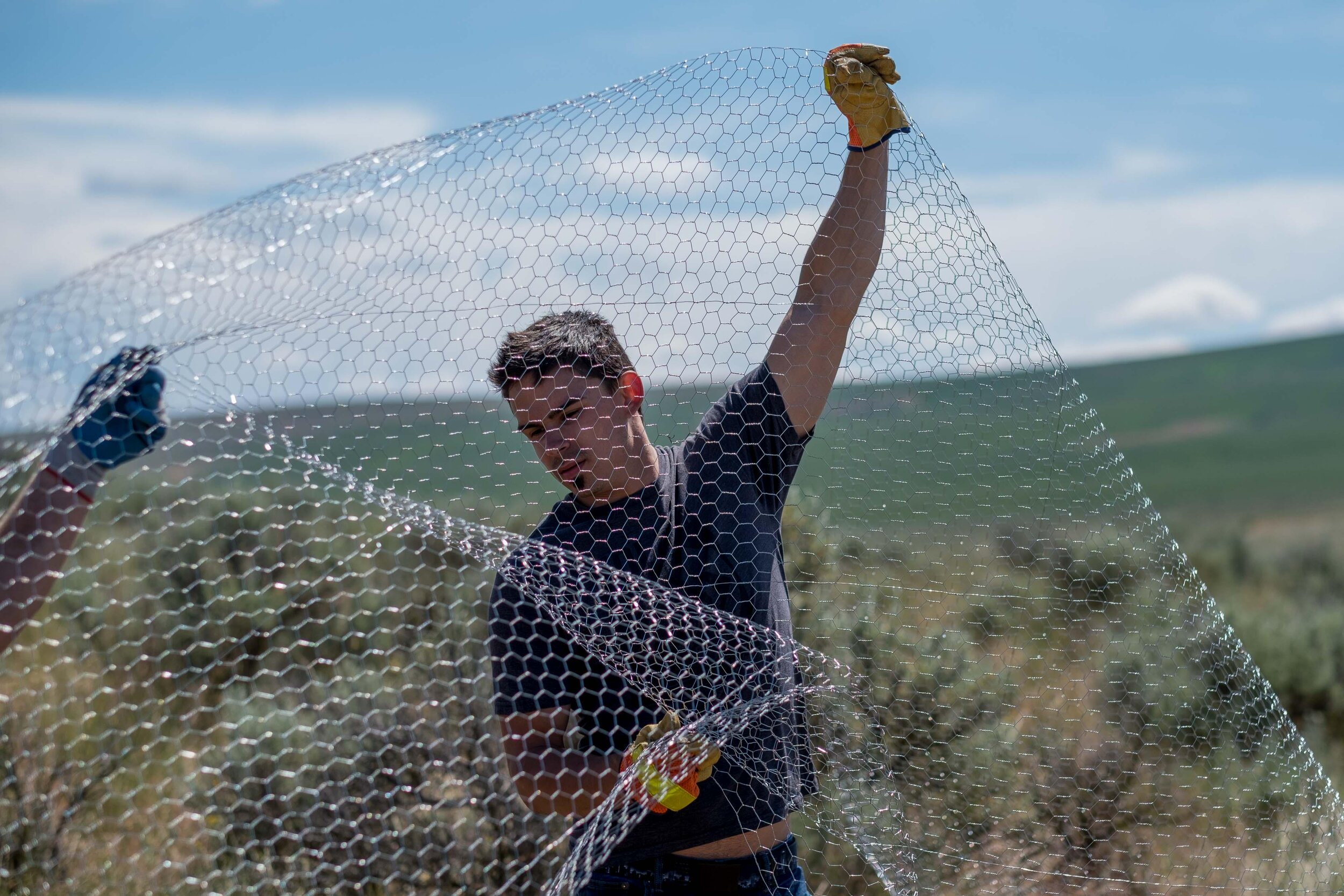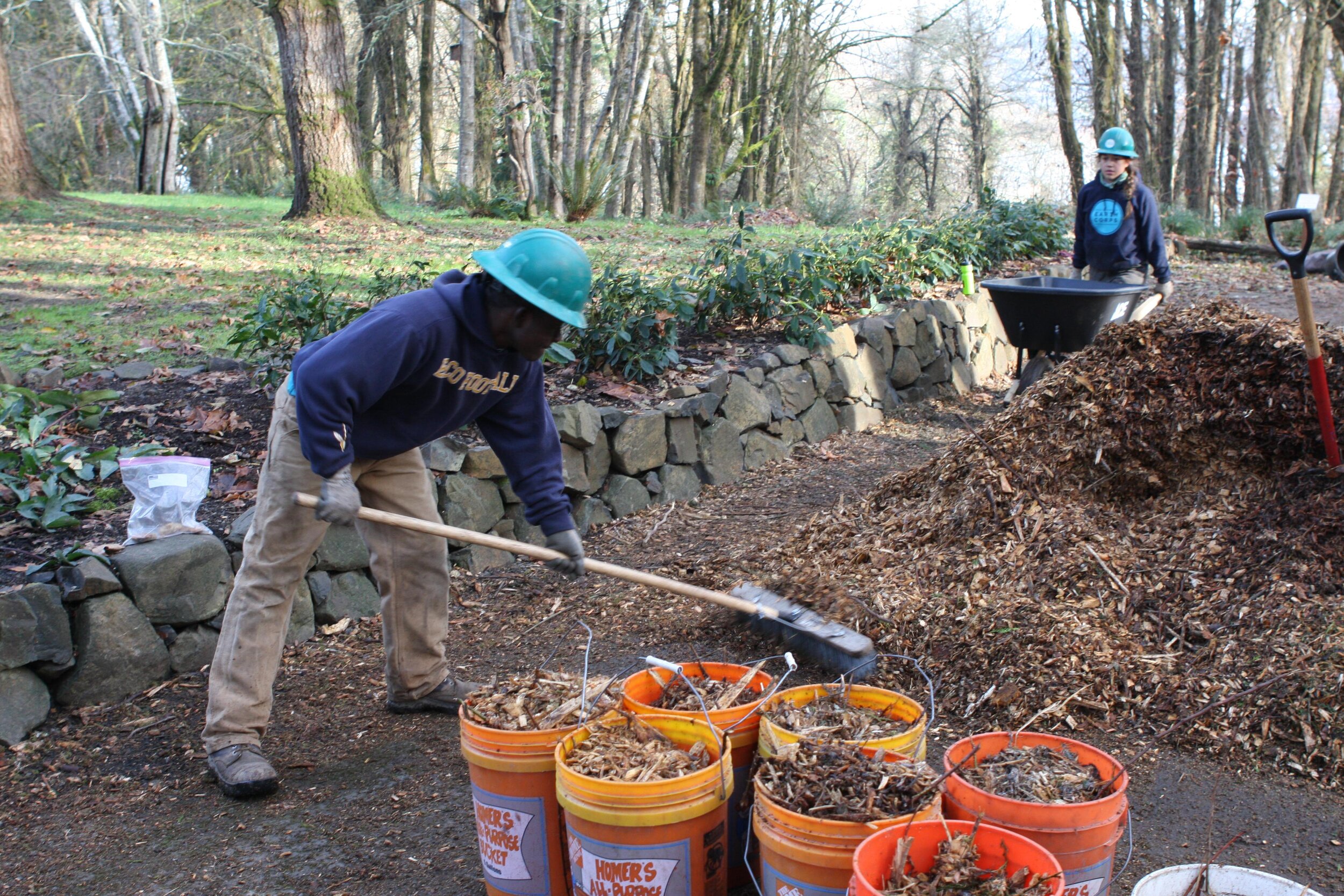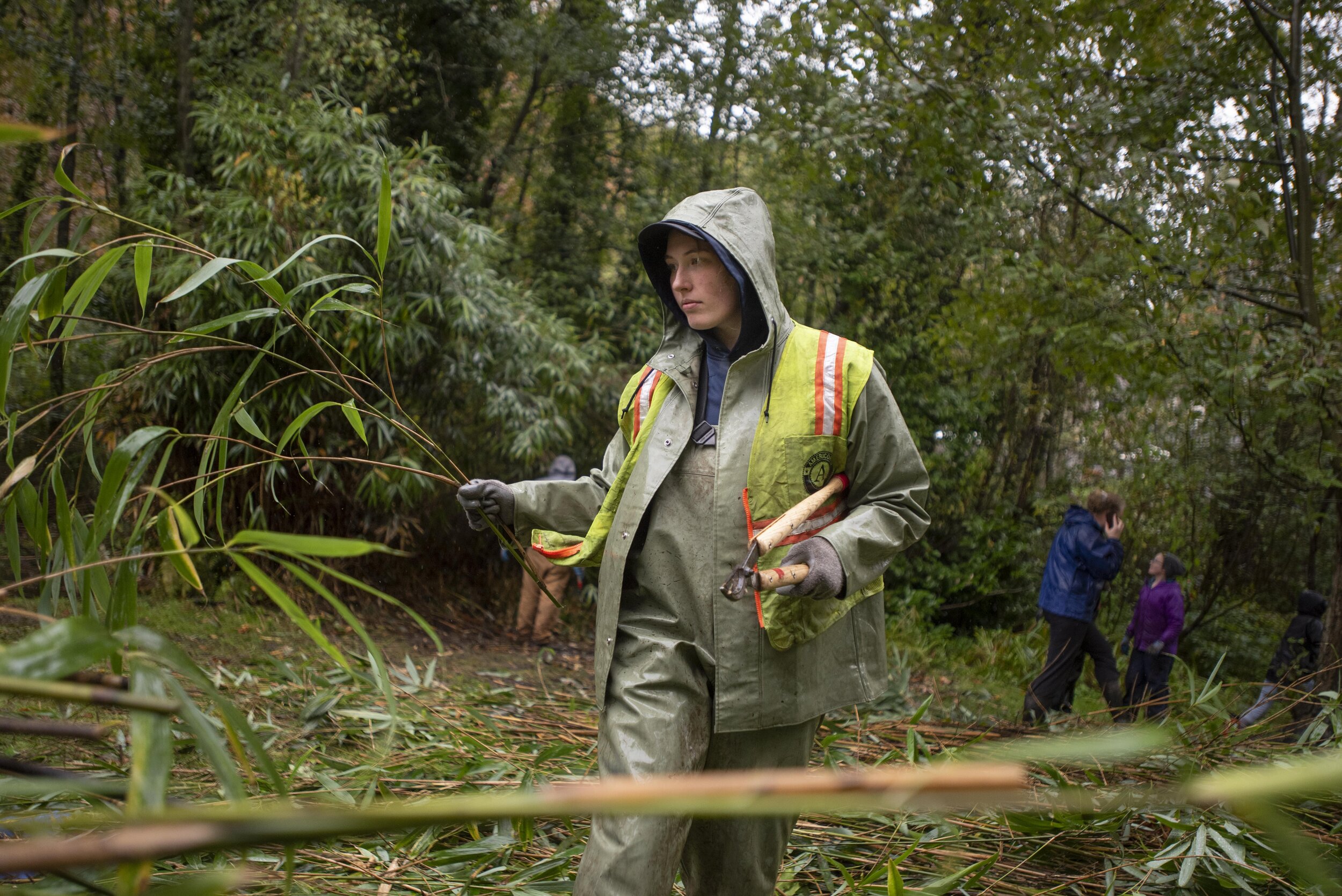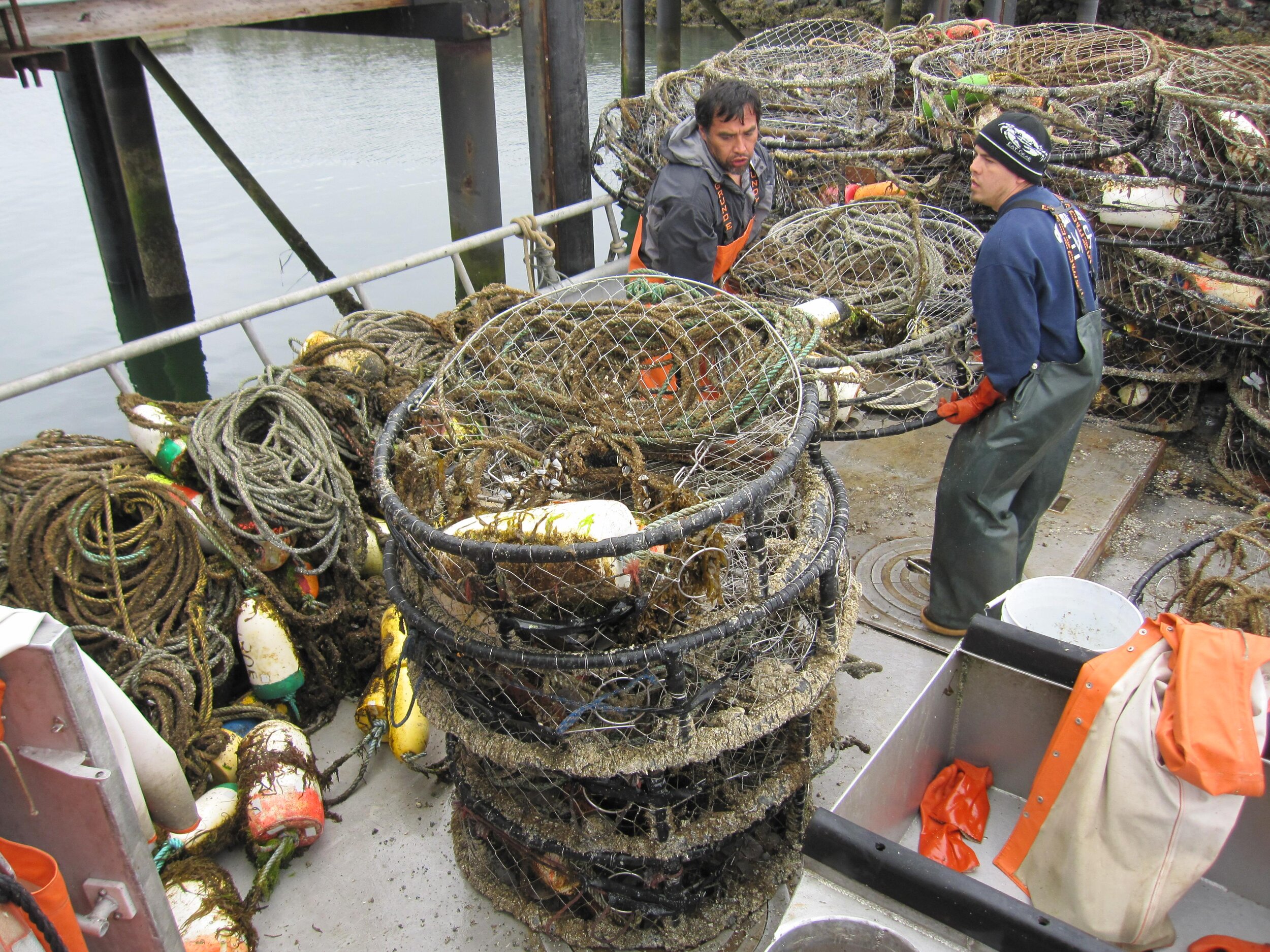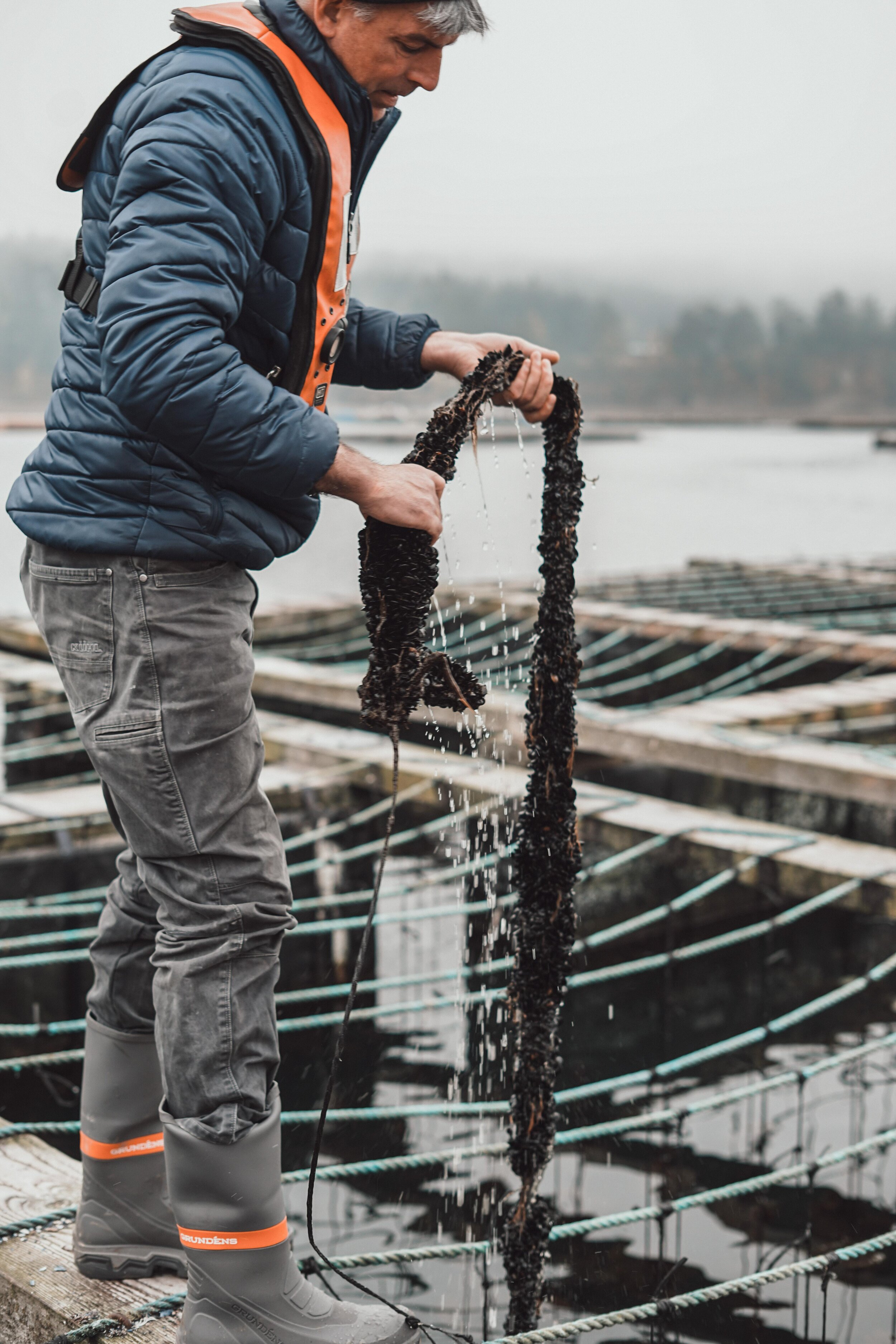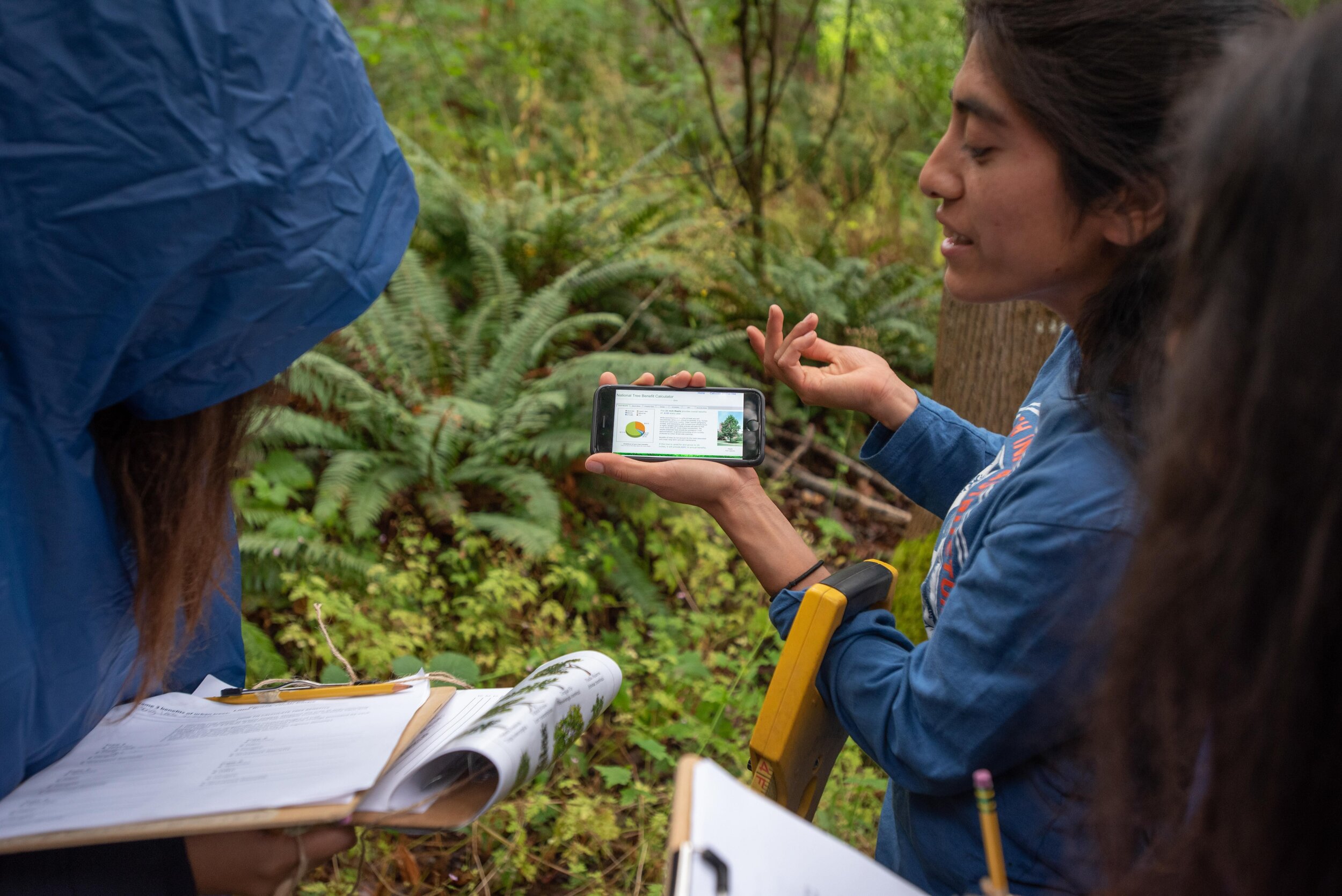The Evergreen State’s vibrant economy depends on abundant natural resources and resilient ecosystems. Our families, communities and small businesses can only thrive when our forests, farmland, river systems and shorelines are healthy. In challenging economic times like these, the state Legislature must invest in the conservation and resilience of nature in Washington – for the good of our environment and of all whose livelihoods are tied to it.
We know conservation works. And it works for more than protecting wildlife habitat, recreational access for residents and visitors, and public water supplies – important as those priorities are. Conservation puts people to work. Nowhere is that truer than in Washington, where natural resource jobs have formed the backbone of our economy for generations, and outdoor recreation powers billions of dollars in economic activity and more than 264,000 jobs.
Though it’s not a panacea, strong support for conservation programs and projects by the Legislature would also support Washington workers facing uncertainty – providing solid economic opportunity and the chance to build the resilience of our communities. Projects that invest in our environment also yield important returns for health and well-being, something that the past year has reminded us not to take for granted.
Facing a multi-billion-dollar shortfall in our state’s budget as a result of the pandemic, public programs and projects that prioritize healthy environments and economies need our voices now more than ever. We know that Washington can support and improve local economies by investing in nature. That means investing in people, too, through the jobs that keep Washington’s environment sustainable and special. Now is the time to make sure our lawmakers see that return on investment, too.
With our partners in the Environmental Priorities Coalition, we’re advocating for the protection of important environmental programs in the 2021 state capital budget. Among these:
The budding Community Forests grant program, which gives communities a way to preserve their working forest heritage - balancing the many benefits a forest provides with unique local needs;
Floodplains by Design, which since 2013 has helped create thousands of jobs in 16 counties across Washington through collaborative projects with benefits for farms, flood risk reduction and fish and wildlife habitat;
the Washington Coast Restoration and Resiliency Initiative, which supports sustainable rural jobs and natural-resource resilience projects from Neah Bay to Ilwaco to Centralia.
We’re also promoting public investments in stimulus projects that tackle climate change, create clean-energy jobs, recover salmon and help communities chart their own courses into a more resilient future.
Prioritizing conservation funding is also another opportunity for Washington to address societal inequities. Black and Indigenous communities and other People of Color (BIPOC) have long borne disproportionate exposure to pollution and resulting health disparities when compared with their white neighbors. We must invest in the communities most impacted by environmental degradation and prioritize environmental justice, particularly as we tackle climate change. That’s why we’re advocating for the HEAL Act, a bill to start incorporating environmental justice into the everyday functioning of state government - as Sen. Rebecca Saldaña calls it, “the cornerstone of any environmental policy.”
Conservation Works partners are also calling for revision of Washington’s regressive tax code. Households in lower brackets currently pay up to six times as much in taxes as a percentage of their income as do Washington’s wealthiest residents. An equitable tax code is past due and could generate revenue for environmental projects that help keep families secure and healthy in both urban and rural communities.
We must hold our elected officials accountable when it comes to applying the funds that our state budget sets aside for nature and the people whose lives and livelihoods rely on it. Last year, the Legislature diverted more than $300 million from environmental projects to fill other budget gaps. Washington can’t afford more diversion. We need lawmakers to ensure conservation funding supports conservation work.
With strong support for conservation and natural resource programs in our state’s capital budget, we can help ensure that Washington emerges from these challenging economic times stronger, through fair and equitable policies that create jobs, support economic vitality, and address the environmental and social challenges we face together.
Banner photo by Hannah Letinich.


